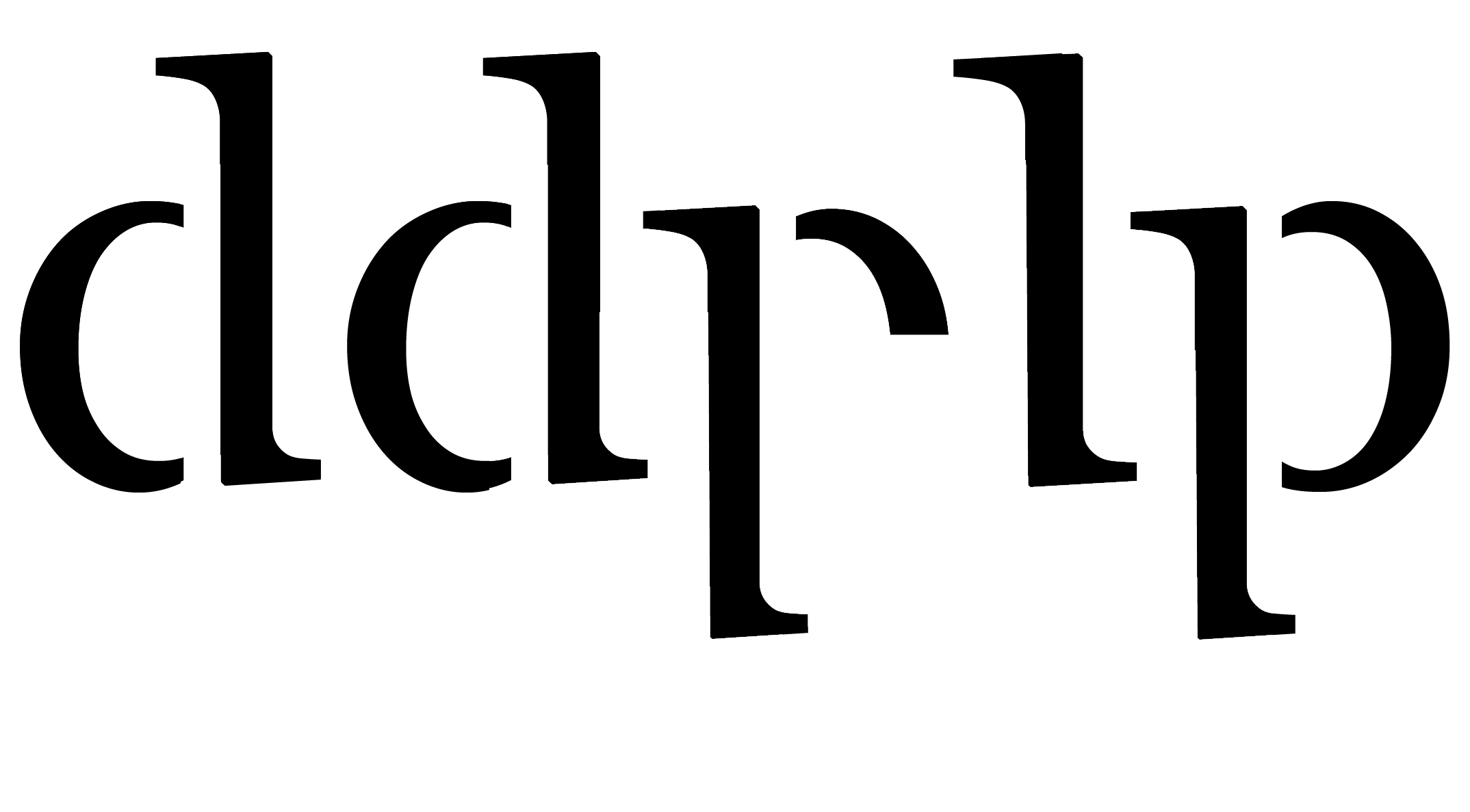2016/1: All issues and problems can become objects of design process / Public Design Support 2011-2016 / Jesko Fezer & Studio Experimentelles Design / Kuzguncuk Bostan
Public Design Support Workshop / Boğaçhan Dündaralp, Architekt
The best scenario for Kuzguncuks future is to increase the possibilities for sharing and to keep it alive – a scenario, which would highlight the importance and value of the orchard for Kuzguncuk. One of the most important contributions during this process, was the “Public Design Support Workshop” realized by Jesko Fezer and his students at the 1st Istanbul Design Biennial 2012. During this weeklong period, we experienced a cohesive and motivating project around a series of ad-hoc interventions that turned into a weekend event in the orchard. Simple arrangements like playgrounds (a football field, a grandstand, a swing, backgammon), tea garden and a picnic ground produced catalysing sensations that evocated curiosity. While Meric Kara from Bilgi University and the students at Kuzguncuk Primary School were directly involved in this event, local architects, Kuzguncuk residents and neighbourhood administrator (muhtar) provided support.
Collective production contains a unique temporality, knowledge production and dissemination processes. This work is invaluable since it shows us the fact that physical encounters and rapprochements that aim at direct production, trust that emerges from common experience and collaboration, common negotiations and sensations provide an opportunity for a unique kind of knowledge production, dissemination and sharing. We experienced a process that revealed the value of keeping the sensations that emerge from social and environmental needs and threats alive in our daily lives. As much as experiencing and being educated by these contexts and sentiments, we have to create mutual experiences and remember that they are a very important source in terms of producing social and democratic contexts through common decision and negotiation processes.
As an architect that tries to resist contemporary trends that limit the role of the designer to mere “aestheticization” of her environment, and as a Kuzguncuk resident, I want to thank Jesko Frezer and his students, Adhocracy exhibition curator Joseph Grima, and the associate curator Pelin Tan, who helped us carry this project to Kuzguncuk, and all others who participated and contributed in this process and helped us produce and keep this experience alive. / 2012
* An addendum for the book, added after 3 years:
Kuzguncuk residents and the Association of Kuzguncuk Residents worked devotedly to overcome once again in their 20-year-old struggle against development threat on the Orchard of Kuzguncuk, and in 2013 they did manage to cancel out development plans for a school on the orchard area. In 2014 the orchard has been leased out to the Uskudar Municipality as a result of a tender which was put out by the General Directorate for Foundations. The alternative project that we prepared collectively with the residents of the neighborhood in 2010 suggests shared public use of the orchard, and it was brought back to the agenda as the orchard gets a new tenant. The project has put into practice through a collaboration between the association, the residents of neighborhood and the municipality while we, as architects from Kuzguncuk, moderate the process. The orchard life that we looked forward to through this project initiative for last 5 years of 20-year-old resistance struggle has become more than just a conservation of land, and nowadays the orchard keeps creating new uses and new characteristics to its collective memory. Until the next possible attack for future development plans on the Orchard Kuzguncuk residents look happy and the neighborhood is in high spirits.

